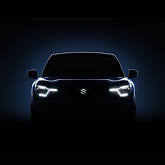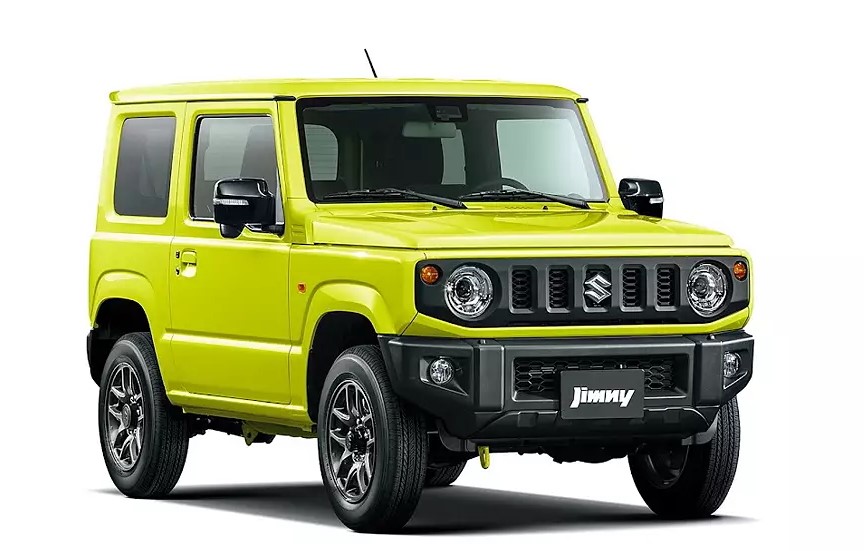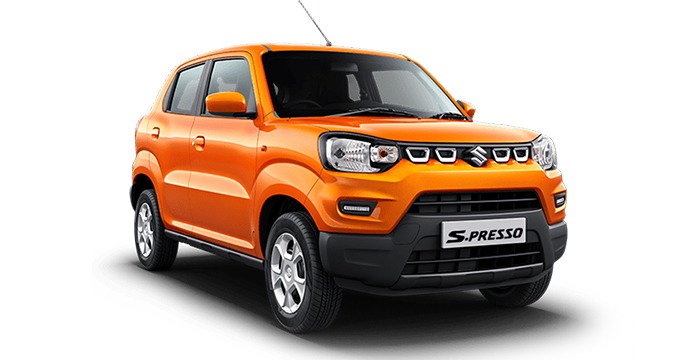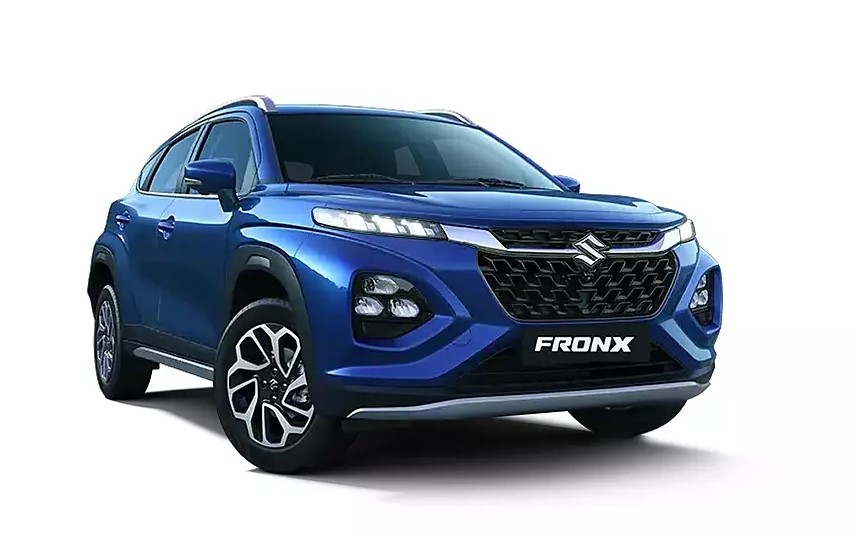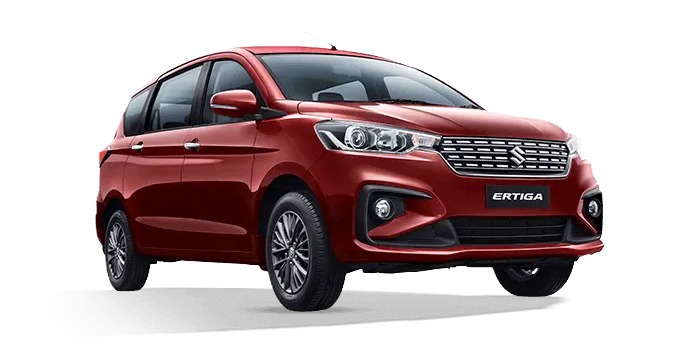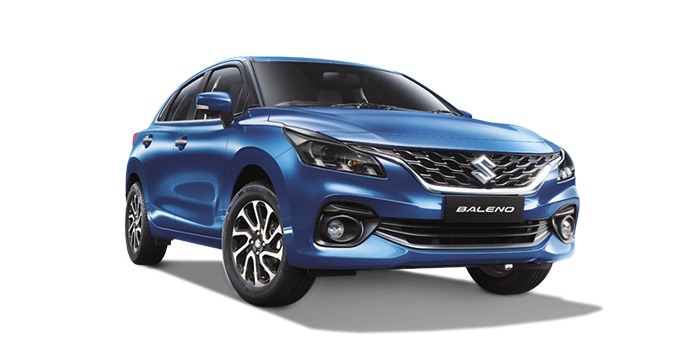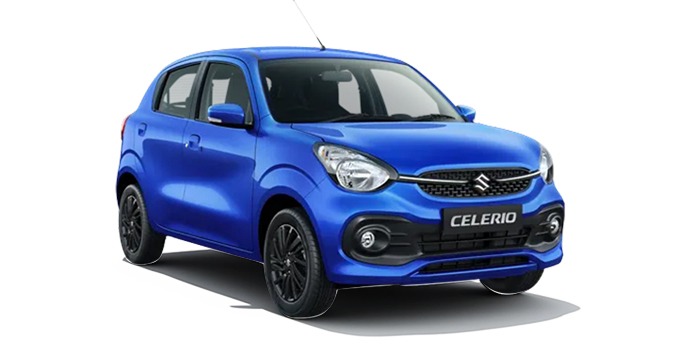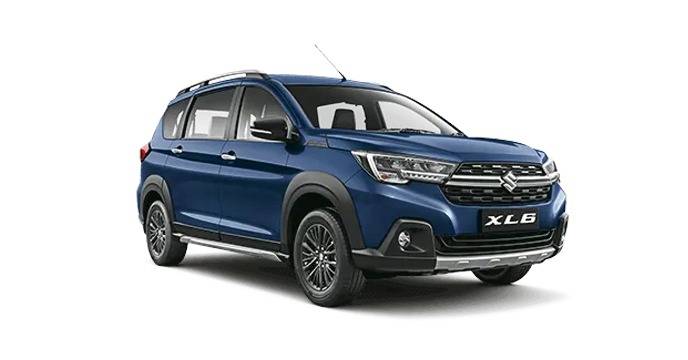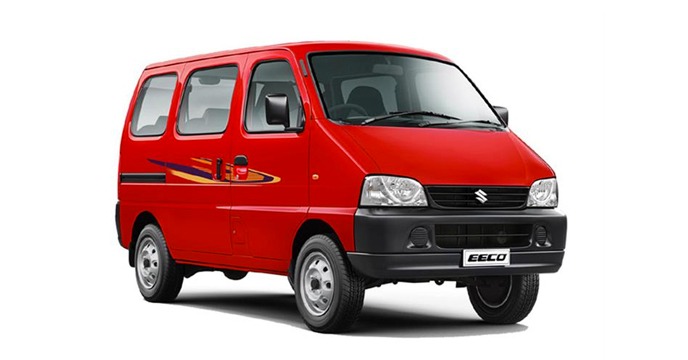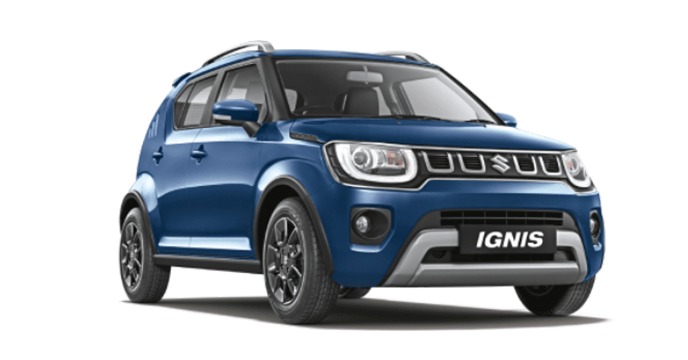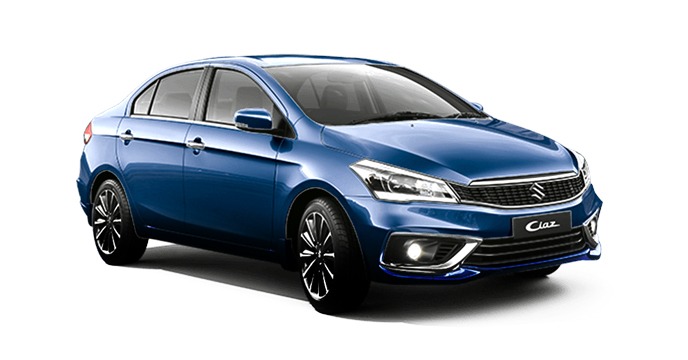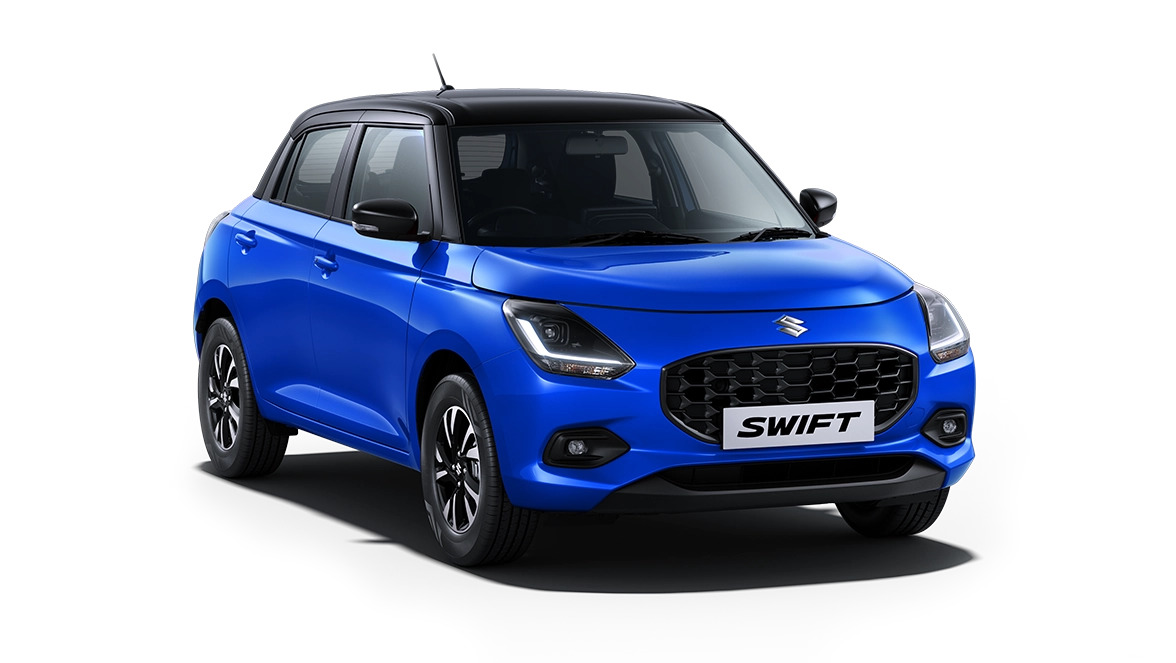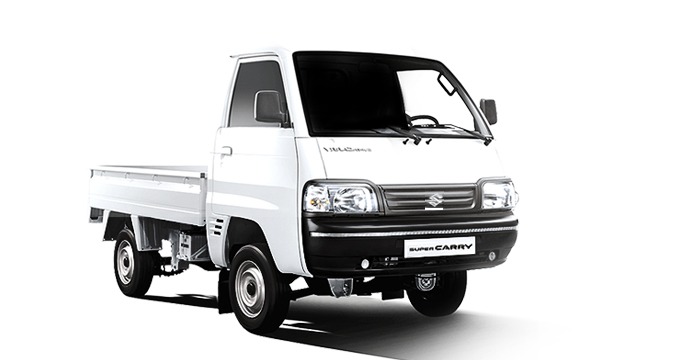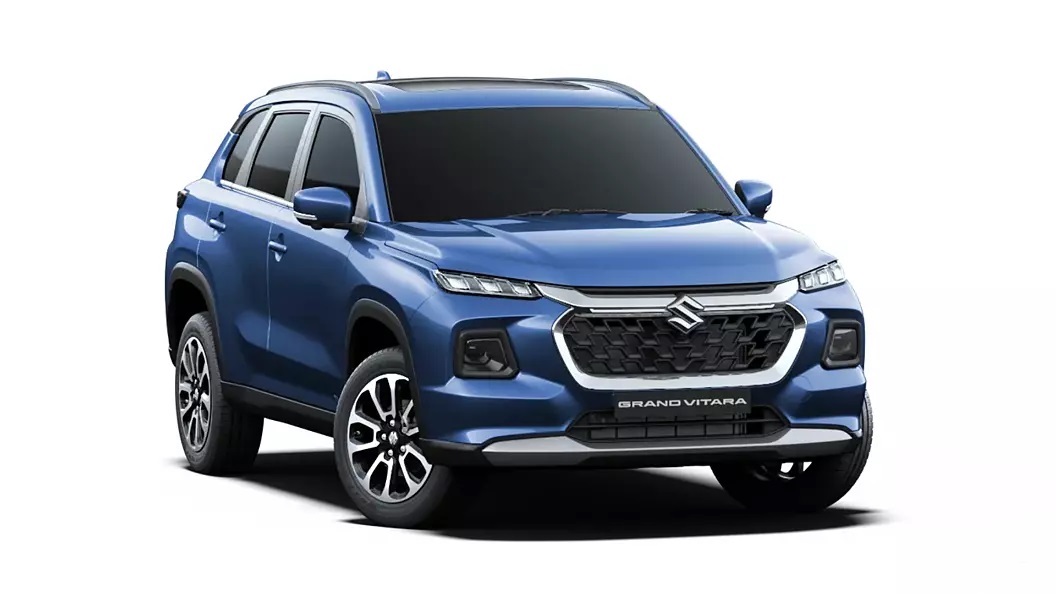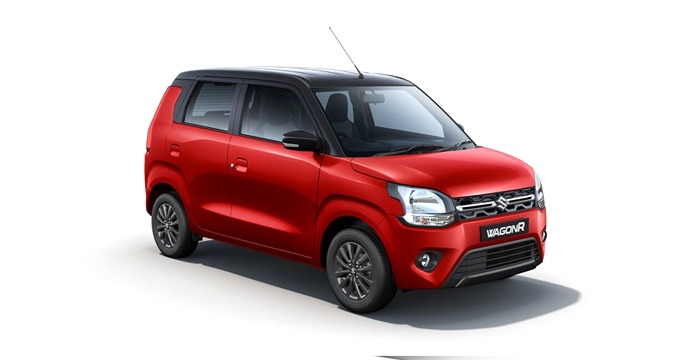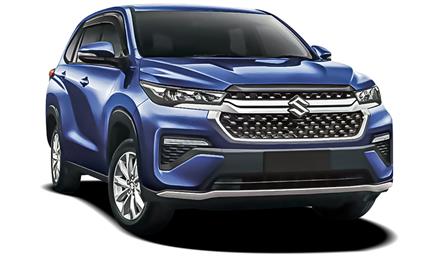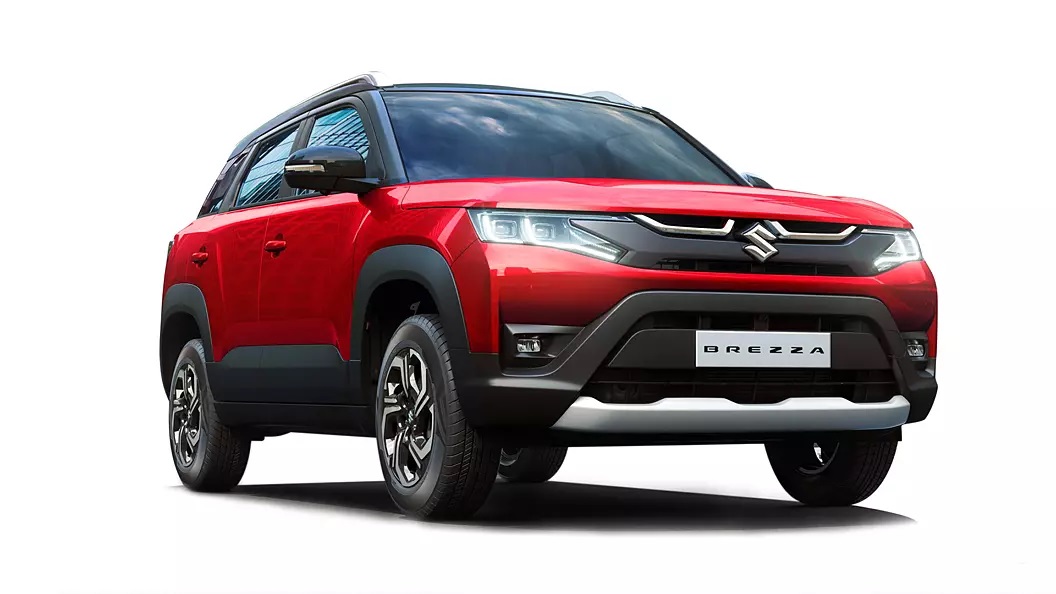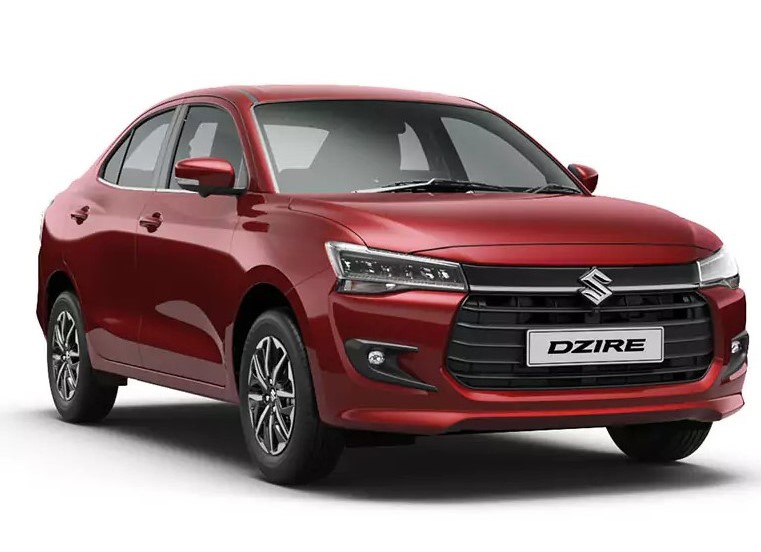
Is Maruti on the Electric Car Revolution
Is Maruti on the electric car revolution
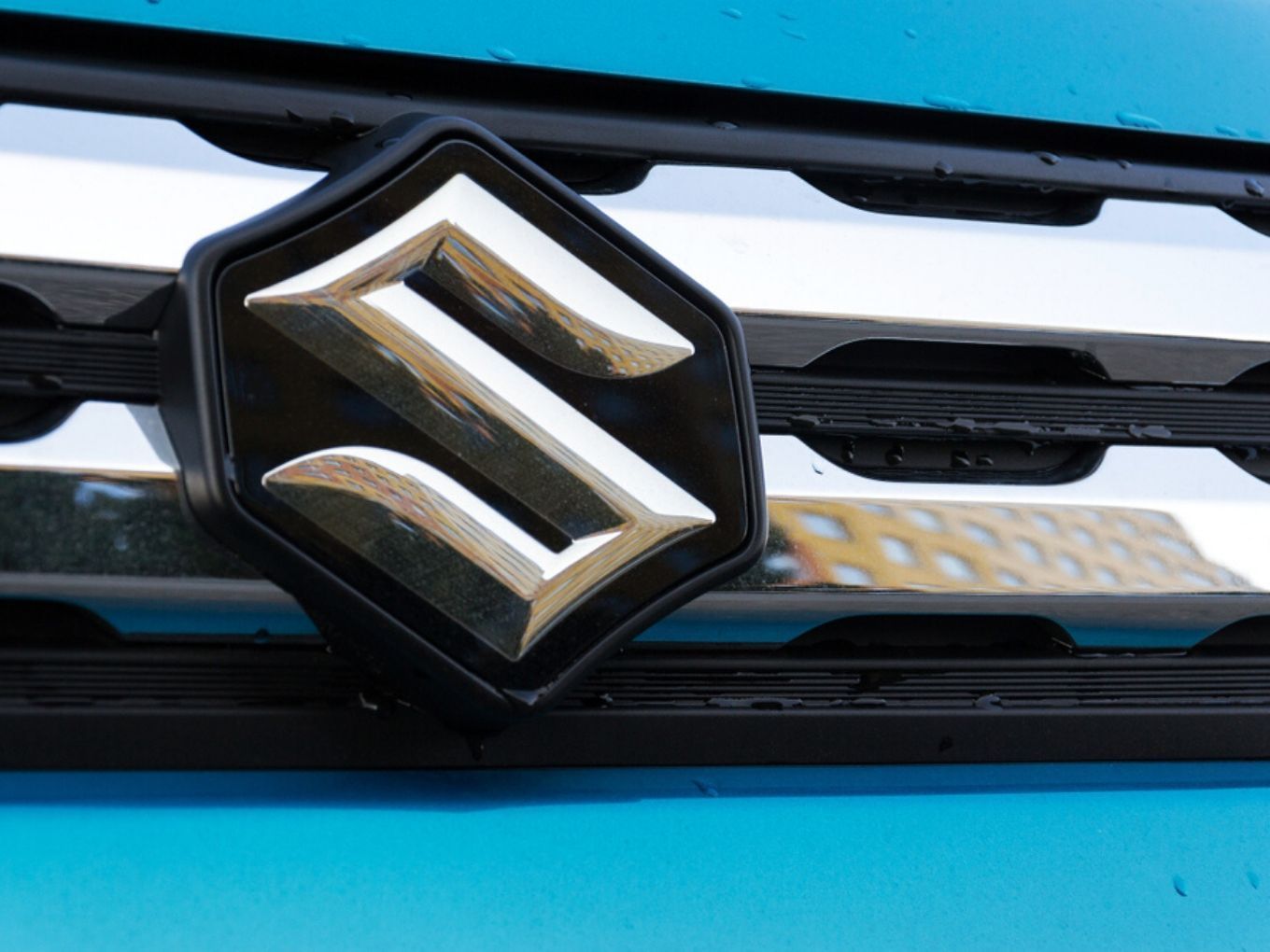
Maruti joined with Suzuki in 1983 and started an automobile revolution in India and continuing. The collaboration helped to build a strong foundation in the market for Maruti.
Our government mandate that only vehicles with BS6 engines can be sold in India from April 2020. BS6 norms have been introduced in India with the vision of a cleaner environment to live in. Maruti is one of the leading car manufacturers to transform early into BS6 engines. Maruti had already introduced an array of BS6 cars under different categories named Alto, Wagon R, Swift, Dzire, S-presso, Baleno, XL 6 and Ertiga.
Why these statements, when all our topic is about electric cars in India?
Yes, indeed it has relevance as the government is still not landed on exact and precise policies regarding electric vehicles policy. The only news about is a deadline like 2030 and the government is proposing a conversion of 40%. So only Maruti has a history of influencing the market like in 10 years. And the relevance is that Maruti Suzuki owns more than 50% of the total car market in India. Maruti Suzuki can be the spearhead of India's Electric vehicle revolutions.
Some Facts and Figures on the EV market in India
India is the fourth largest automobile industry in the world with 15 crore drivers. And still only 27 out of 1000 have cars in India. Hyundai Motor co. introduced an electric car into the Indian market under the name Kona Electric and is price around 24 lakhs. Out of 15 crore drivers, only 130 plus drivers owned Kona (hope the count will increase later). The other player in the market is Mahindra with two models eVerito and Mahindra e2o plus.
Verdict: India is not openly accepting electric vehicles. Many automobile manufacturers are waiting for the government to put forward a clear cut policy.
Maruti and Electric car revolution
Maruti Suzuki accepted the conversion of cars into electric for a greener future. Maruti had already started to build BS6 cars for India and each model is widely accepted as any other model from the house of Maruti. Maruti also announced to step back from manufacturing diesel engines from 2020. By the statement, Maruti had shown the commitment towards society.
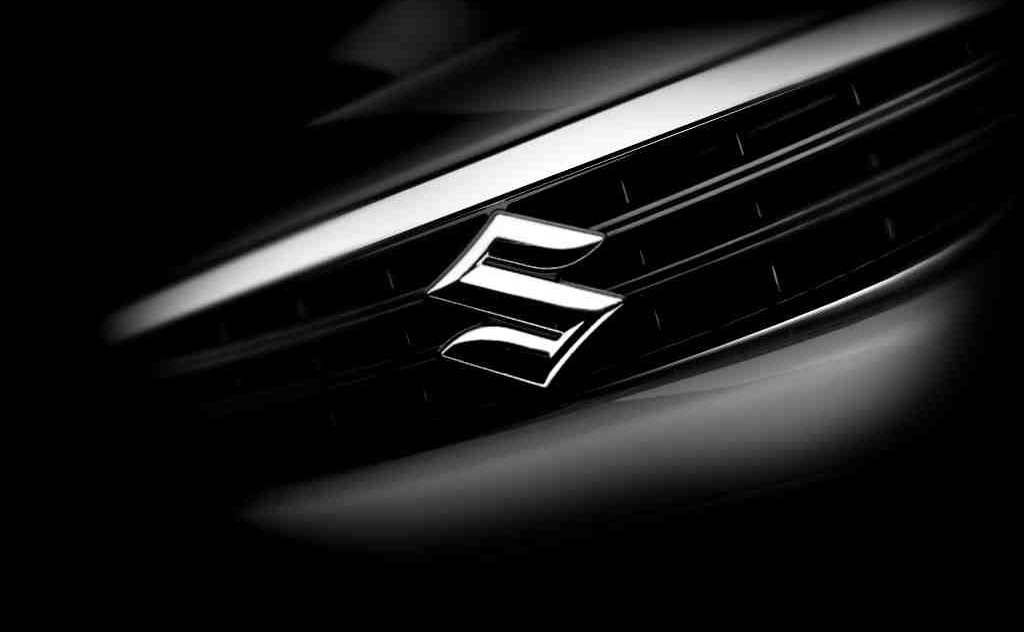
Maruti Suzuki - the player who knows the market to the root
With the long knowledge of the Indian market, Maruti had postponed its announced first electric vehicle to 2021, earlier the launching was said to be in 2020. Maruti is always in the first place to introduce new models into the market within the economical limits. And now Maruti is postponing a model when there is always a greater mileage for those who bring a new model into the market. This is the exact point where the market experience is helping in making decisions. We had already gone through the statistics of the Indian automobile market.R. C. Bhargava, the former C.E.O and the current chairman of Maruti Suzuki have well explained the electric car revolution and Maruti’s call on the same.
The main factors regarding the electric car revolution and Indian market are acceptance and affordability - the Indian market is too huge to accept anything new come into it. But at the same time, the Indian market has its nature and character is reacting to the changes happening around. Here, there are a lot of standards set especially for buying an automobile. BNFE report says that about 50% automobile sale in India is for those models who are priced under 5 to 6 lakhs. But a 25 to 35 kW powered car will be priced around 10 lakhs. The pre-owned car market is as huge as new cars in India and Maruti had a separate channel as TrueValue to handle pre-owned cars. There is no known market for electric vehicles in India. So the acceptance of Electric cars in the Indian market will take time and in the case of affordability, new affordable technology has to develop.
Infrastructure Development
While planning to have a huge percentage of transformation, within a short period ( 10 years will be a small period for conversion to EVs), the end customers will have a lot of confusion which are to be attended with utmost care to transform happen successfully. When a target of 40% of EVs is set to achieve by 2030, we need to look into some statistics. Studies say that there is an increase of 8% increase in demand for vehicles every year. So by 10 years, there will be around 71 million more vehicles on our roads and as per statistics, we can only reach 19 to 21 % of the expected count. Reaching a 40% milestone will be a Himalayan task to achieve.
People need to be educated and familiarised with the benefits of change. And in the meantime, we need to have sufficient infrastructural and technological developments to happen within. Charging stations, battery manufacturing units, recycling plants, and reusability techniques have to be developed to reach the goal.
Government support
Apart from making policies, the government has to come forward with tax benefits, public awareness programs, support for in house parts manufacturing units and many more progressive interactions to make people do the transformation with ease and will.
Conclusion
Maruti Suzuki has a very clear picture of the Indian customer nature and is in the correct stream to hit the market. Maruti had announced they will be making their electric vehicle and the R and D are going on. Maruti had joined hands with Toyota for technology support in exchange for manufacturing some units for Toyota.
Maruti is now more concentrated on making mild hybrid to hybrid vehicles and it is the best way for people to get familiarised with the change. This will give people/customers the time to adapt to the change coming and parallelly a market structure will emerge to replace the old vehicles more efficiently. So to conclude Maruti Suzuki is on the best track to achieve the goal and to create a new revolution of electric vehicles.

